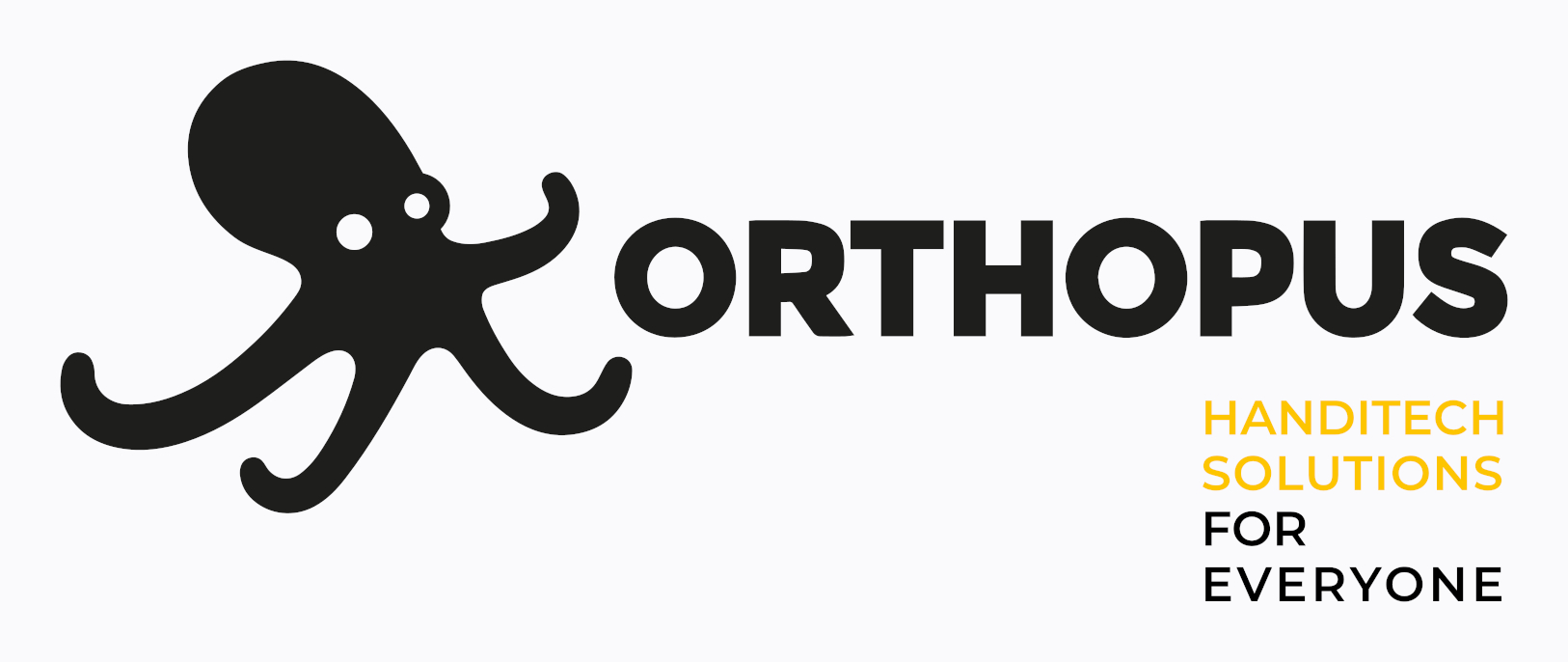 For several months, Orthopus has been preparing a clinical trial for our set of upper-limb mechanical prostheses . Thanks to the collaboration with Humanity & Inclusion, 14 Nepalese patients will test 3 ORTHOPUS prosthetic solutions for 4 weeks. Why has Orthpus chosen to set up this trial? How will we evaluate the results? A look at the organisation of a clinical trial.
For several months, Orthopus has been preparing a clinical trial for our set of upper-limb mechanical prostheses . Thanks to the collaboration with Humanity & Inclusion, 14 Nepalese patients will test 3 ORTHOPUS prosthetic solutions for 4 weeks. Why has Orthpus chosen to set up this trial? How will we evaluate the results? A look at the organisation of a clinical trial.
Prostheses on trial
The clinical trial is testing 3 prosthetic solutions that we named the “Nepal Kit” :
– an articulated cosmetic hand, a discreet prosthesis that allows to hide the disability and grip small and light objects,
– a work hook, a solid and functional tool that makes intense manual work possible,
– an universal wrist that allows a quick change between the cosmetic hand and the hook.
These three solutions are complementary and cover a large number of uses. They are mechanical prostheses, they work with the body’s own energy, without requiring a battery.
The aim of the clinical trial is to observe and verify how our prosthetic kit improves the daily well-being of users.
In many developing countries, 85% of amputees do not have access to the technical aids they need. The three prostheses tested in this clinical trial respond to this problem by combining simplicity, quality and affordability.
These solutions are the first that ORTHOPUS will be offering for sale from May 2021.
The Nepalese context
But why Nepal? This is the question that is often asked about this clinical trial.
It all started 2 years ago, when we met Humanity & Inclusion to present the ORTHOPUS project…
